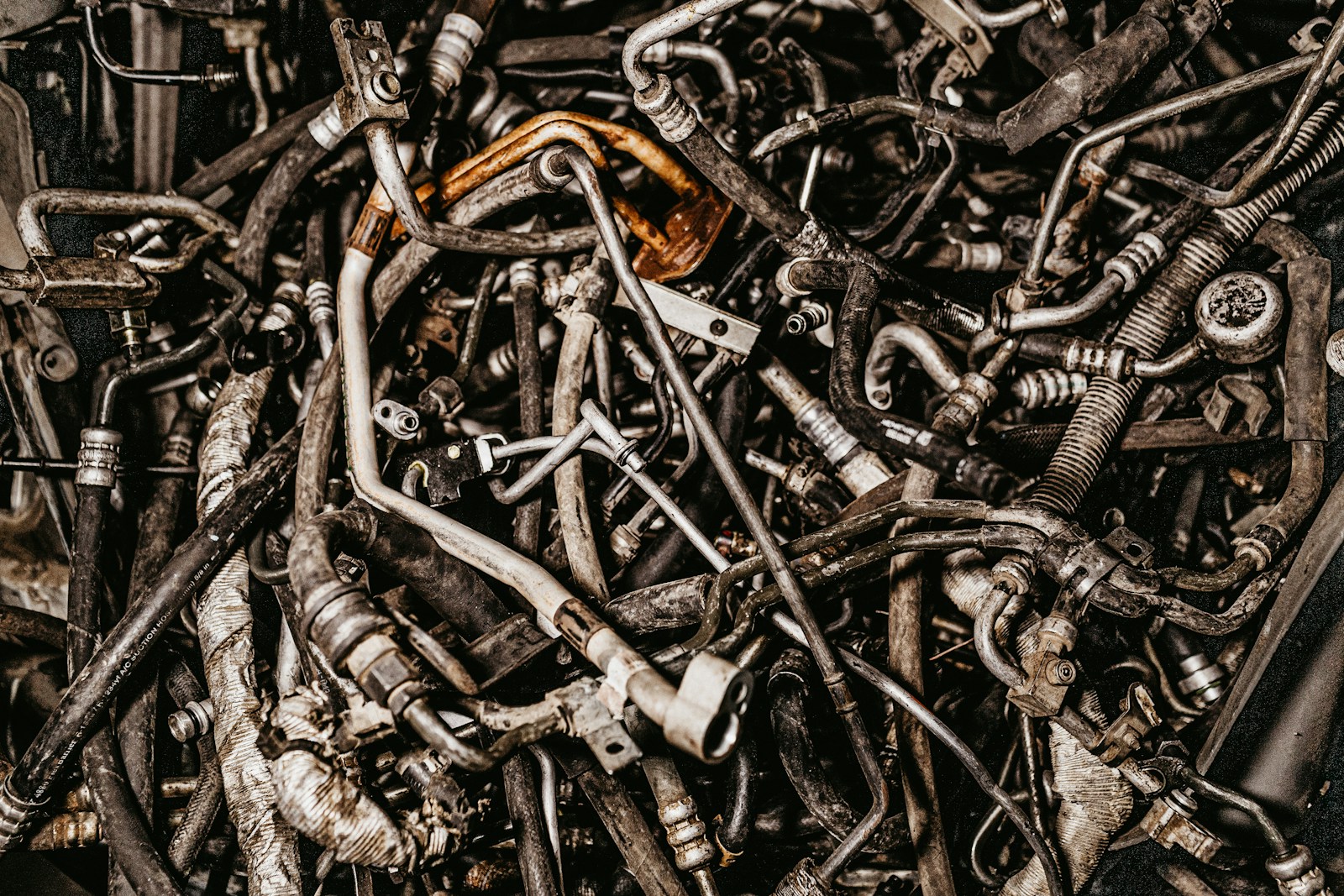Many homeowners underestimate the impact of clutter and junk accumulating in their homes. While it may seem harmless to let unused items pile up in basements, garages, and closets, the reality is that junk carries significant hidden costs. Beyond just taking up space, excessive clutter can lead to financial burdens, health risks, decreased home value, and emotional stress. Understanding these hidden costs can motivate homeowners to take action and prioritize a cleaner, more organized living space. We highly recommend Oregon Junk Busters to help clean up junk.
1. Financial Costs of Accumulating Junk
Keeping unnecessary junk in your home can lead to unexpected financial consequences.
- Storage Costs: Many people resort to renting storage units to hold excess belongings, paying monthly fees for items they rarely use. Over time, these costs add up significantly.
- Wasted Space: In many homes, rooms or garages filled with clutter could be repurposed for more productive uses, such as an office, workout space, or guest room. Instead, junk takes up valuable real estate.
- Replacement Expenses: When a home is cluttered, it becomes difficult to find necessary items, leading to repeated purchases of things already owned. This unnecessary spending adds up over time.
- Pest and Maintenance Costs: Junk can attract rodents and insects, leading to potential infestations and costly extermination services. Additionally, cluttered spaces make it harder to detect home maintenance issues, such as leaks or mold, which can result in expensive repairs.
2. Impact on Health and Well-being
A home filled with unnecessary junk can negatively affect both physical and mental health.
- Increased Allergies and Respiratory Issues: Dust, mold, and pet dander accumulate in cluttered areas, triggering allergies and breathing problems. Poor air circulation in junk-filled spaces can further worsen health conditions.
- Safety Hazards: Stacked boxes, loose wires, and overcrowded rooms increase the risk of trips, falls, and injuries. This is especially dangerous for young children and elderly family members.
- Stress and Anxiety: Studies have shown that clutter contributes to higher stress levels and mental fatigue. A disorganized home can feel overwhelming, making relaxation and focus more difficult.
- Fire Hazards: Excessive junk, especially flammable materials like paper, cardboard, and old furniture, increases the risk of house fires. Blocked exits or overloaded electrical outlets can make emergency situations even more dangerous.
3. Declining Home Value
Allowing junk to pile up can reduce the overall value of your home, especially if you plan to sell in the future.
- Poor Aesthetic Appeal: Cluttered homes appear less attractive to potential buyers, making it harder to sell at a competitive price. Homebuyers want to envision the space as their own, and excessive junk can be a major deterrent.
- Hidden Structural Damage: Junk can cover up signs of property damage, such as water leaks, foundation issues, or pest infestations. If these problems go undetected, they can lead to costly repairs and lower property value.
- Lower Appraisal Value: Home appraisers assess the condition of a property when determining its market value. A cluttered, poorly maintained home may receive a lower appraisal, affecting resale potential and mortgage refinancing opportunities.
4. The Emotional Toll of Clutter
Junk in the home doesn’t just create physical barriers—it also has an emotional and psychological impact.
- Decision Fatigue: Sorting through excessive belongings can be mentally exhausting, making it difficult to make clear decisions about what to keep and what to discard.
- Guilt and Attachment: Many people struggle to let go of items due to sentimental reasons or a sense of guilt about wastefulness, which can contribute to emotional stress.
- Relationship Strain: Clutter can cause tension between family members, particularly when one person’s junk habits negatively affect shared living spaces. Disagreements about organization and cleanliness can lead to conflicts.
The true cost of junk in your home goes far beyond the inconvenience of a messy space. It can drain your finances, harm your health, lower your home’s value, and create emotional stress. By recognizing these hidden costs, homeowners can take proactive steps to declutter, organize, and create a cleaner, healthier living environment. Regularly assessing and removing unnecessary items can lead to financial savings, improved well-being, and a more enjoyable home. The longer junk is left unchecked, the more costly and overwhelming it becomes—so taking action today is a smart investment in your home and quality of life.
